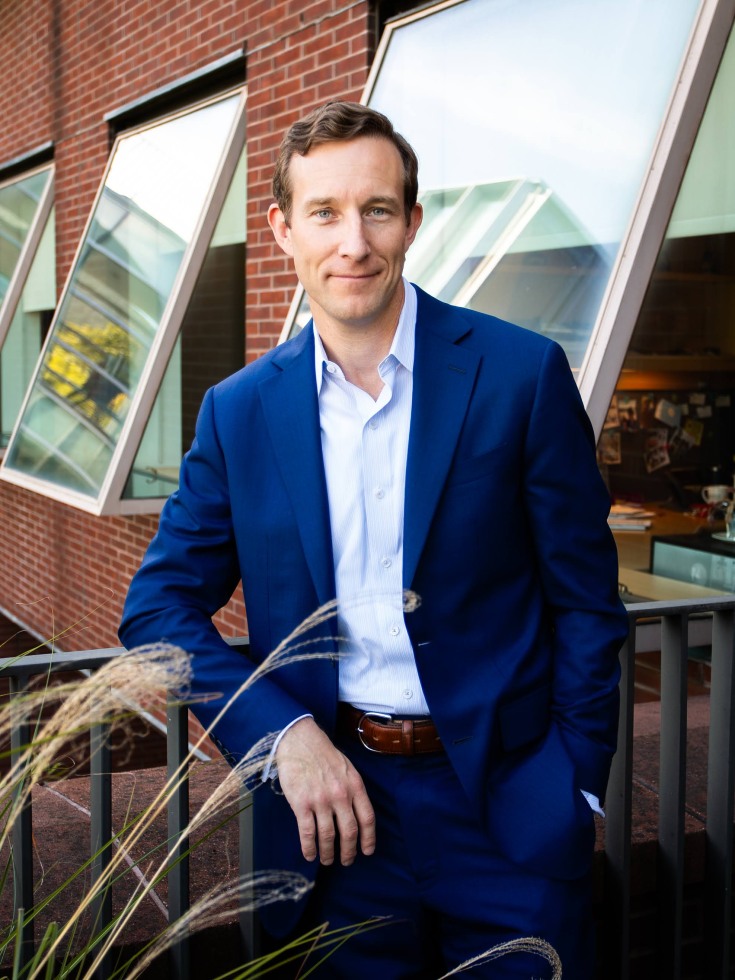PROVIDENCE, R.I. [Brown University] — When he thinks about the future of Brown University’s recently launched Thomas J. Watson Jr. School of International and Public Affairs, Inaugural Dean John N. Friedman sees tremendous opportunity for growth.
“The fact that we’re building on an extremely strong base of the former Watson Institute while also having a lot of room for expansion as a school makes this a particularly special moment,” said Friedman, a professor of economics and of international and public affairs who joined the Brown faculty in 2015. “There are phenomenal opportunities to imagine new things and to reframe our education in a way that’s really forward-looking as we work to build one of the world’s leading policy schools.”
The Watson School — which will host a signature public launch event on Saturday, Oct. 25, with a keynote and Q&A with Gen. Mark A. Milley, a retired four-star general of the U.S. Army and 20th chairman of the Joint Chiefs of Staff — is home to a rigorous master of public affairs program, an undergraduate concentration that’s among the most well enrolled at Brown, a military fellows program, and centers and policy labs that conduct research on the world’s most pressing issues.
Ahead of the event, Friedman, who has served on the White House’s National Economic Council and is founding co-director of the Opportunity Insights economics research lab, discussed his background and plans for the school.
Q: What are your main priorities for the Watson School in its launch year?
The school launch offers a once-in-a-generation opportunity to strengthen and grow the Watson School to meet this moment in the world. I think of the Watson School as Brown’s hub for policy-focused research, teaching and public engagement, and there is so much happening across the University. One of our priorities is expanding our faculty in ways that broaden our research and create more connections across campus. Another priority is to make sure that we are educating our students in a forward-looking way, so that they are best prepared to enter an ever-changing policy world. A final priority is to enhance opportunities for constructive dialogue across different perspectives. Through these efforts we can truly orient the school towards areas and issues that will best serve the mission of the Watson School in the years to come, “to promote a just, peaceful and prosperous world through research and teaching on the world’s most pressing economic, political and social policy challenges.”
